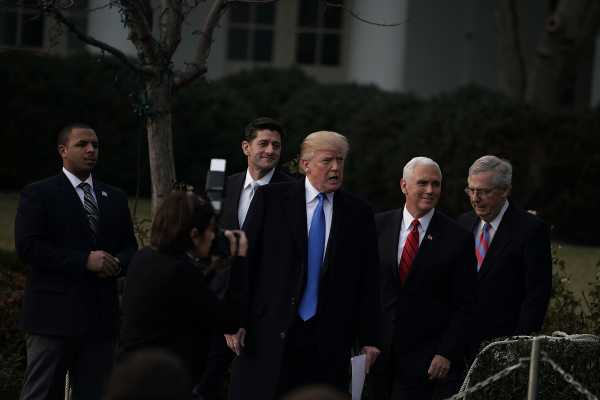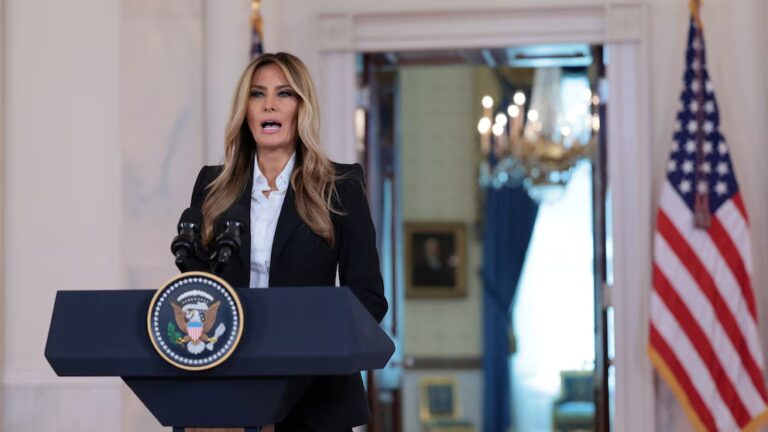
Six months after the Republican tax bill passed, the people who wrote it are cashing out — but not with new, higher tax savings. They’re leaving their government jobs and becoming lobbyists.
Alan Rappeport at the New York Times reported on the high number of Trump administration officials and congressional lawmakers taking consulting and advisory jobs now that the tax bill has been passed. They’re not technically registered as lobbyists because they’re barred from doing so by an executive order meant to discourage the political revolving door, but it’s what they’re doing. And they’re making a lot of money in the process.
More than a dozen people heavily involved in the drafting of the GOP tax bill — which slashed the corporate tax rate to 21 percent from 35 percent and delivered across-the-board tax cuts that broadly favored the wealthy — have gotten into the lobbying business, the Times reports.
Shahira Knight, deputy director of the White House’s National Economic Council, was hired by the Clearing House Association, an advocacy group that focuses on financial regulation. Drew Maloney, assistant secretary for legislative affairs at the Treasury Department, will become the president and CEO of a private equity lobbying group. Mark Prater, tax counsel to the Senate Finance Committee, joined advisory firm PricewaterhouseCoopers in June. And the list goes on.
The revolving door isn’t a new concept, but Trump famously promised to “drain the swamp” on the campaign trail.
The tax bill was passed hastily, meaning there are still a lot of details to hammer out and glitches to be fixed, and that makes a space for interested parties to have an input. Per the Times:
The people who wrote the tax bill can also provide corporations and lobbying groups insights on how to get the most out of the law’s new provisions. Plus, Trump has talked about a potential second tax bill that would lower the corporate tax rate even further and make individual cuts set to expire permanent, leaving space for lobbying, too.
Swamp check: still not drained
Soon after taking office, Trump signed an executive order that barred executive branch employees from registering as lobbyists for five years after leaving government. It doesn’t stop them from taking private sector jobs, or from informally lobbying the administration. Essentially, they just can’t fill out the “I’m a lobbyist” paperwork.
That has exacerbated the “shadow lobbying” industry for former administration officials. They’re engaging in lobbying activities, they’re just calling themselves consultants instead. Under
Sourse: vox.com






